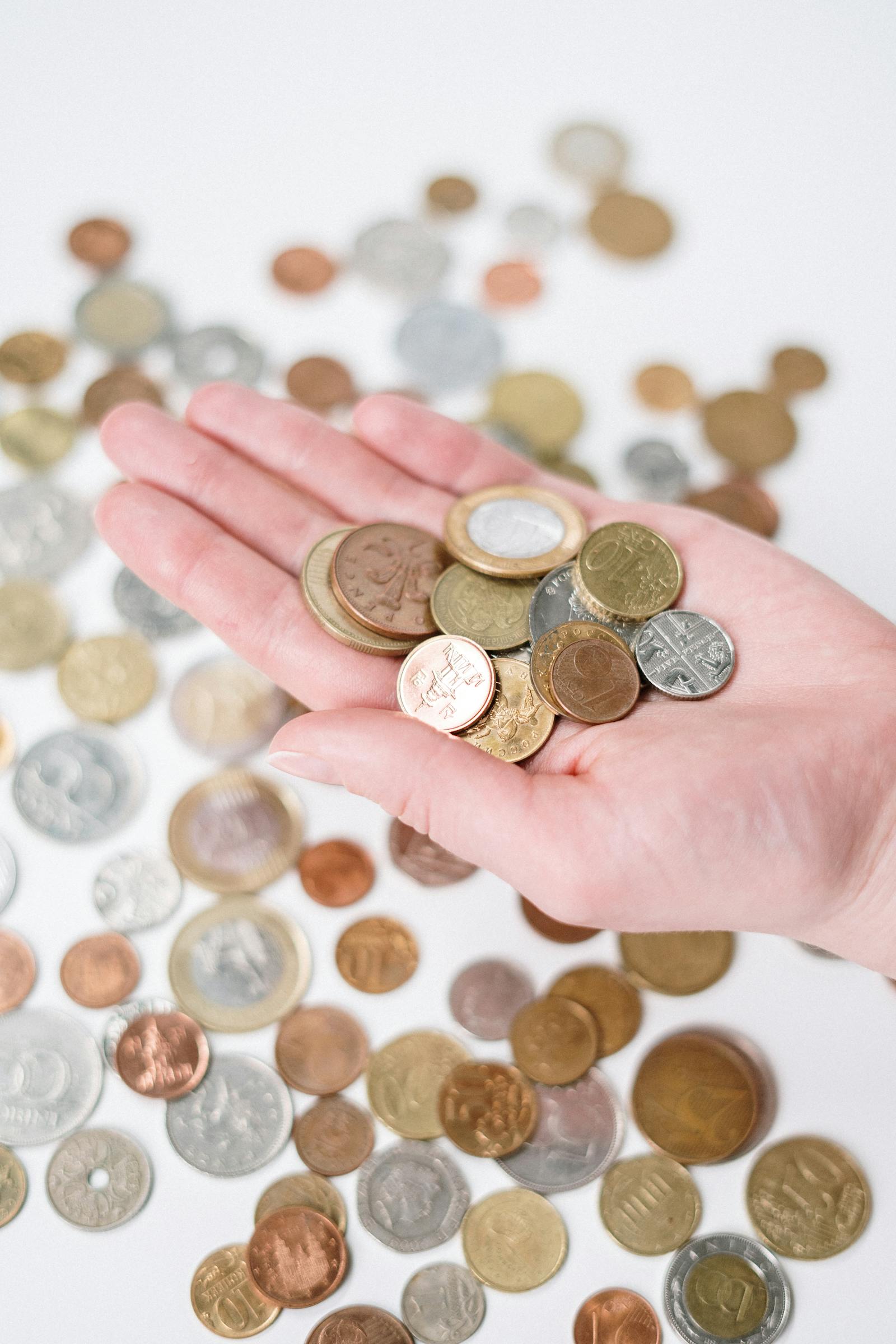Personal Finance Hacks: How to Save More and Spend Smarter
Managing personal finances in 2025 requires more than basic budgeting—it requires strategy, creativity, and a deep understanding of how to make money work for you. This 4000+ word guide covers the most effective personal finance hacks to save more, reduce unnecessary expenses, and spend smarter, all while building wealth for the future.
1. Why Financial Hacks Matter in 2025
With rising inflation, higher living costs, and increasing digital subscriptions, households are looking for smarter ways to manage money. Finance hacks provide practical solutions that go beyond traditional advice.
2. Budgeting with AI Tools
Modern apps like Mint, YNAB, and AI-driven financial assistants categorize expenses automatically, alert you to overspending, and even suggest optimized budgets tailored to your lifestyle.
3. Subscription Management
In 2025, the average household has 10+ subscriptions (streaming, apps, memberships). Subscription tracking tools cancel unused services, saving up to $1,200 per year.
4. Smart Grocery Shopping
Planning meals and buying in bulk reduces waste and expenses. Apps compare prices across stores in real-time, saving families 15–20% monthly.
5. Energy-Saving Hacks
Smart thermostats, LED lighting, and solar panels cut utility bills. Some insurers offer discounts for eco-friendly homes, adding further savings.
6. Case Studies
Case Study: A Family of Four
By tracking subscriptions, switching to energy-efficient appliances, and automating savings, this family cut monthly expenses by $600 while still enjoying the same lifestyle.
7. Long-Term Impact
Using these hacks consistently can generate savings that can be invested, compounding into hundreds of thousands of dollars over a lifetime.
Conclusion
Personal finance hacks aren’t about deprivation—they’re about smarter living. By leveraging technology, making small daily adjustments, and eliminating wasteful spending, individuals can unlock financial freedom in 2025 and beyond.

